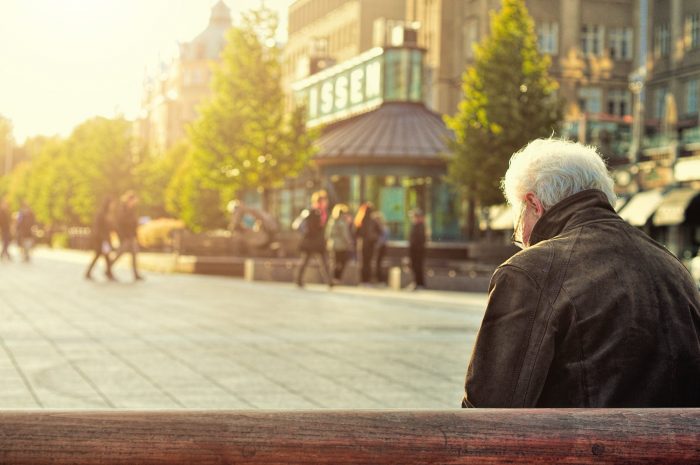COVID-19 pandemic didn’t leave the 18 million veterans in the United States unaffected. According to research on employed veterans, one in every seven was at risk of job insecurity due to lay-offs related to COVID-19. The figure means that many veterans may be left jobless; hence, they might face housing and food insecurity. Indeed, the number of unemployed veterans rose from 3.5% to 11.77% by April 2020. With the spread of COVID-19, more Americans are applying for Unemployment Assistance. The COVID-19 response and recovery program should consider veterans’ short-term and long-term needs, in recognition of their service.
The US Department of Veteran Affairs is at the forefront of monitoring and addressing veteran needs. Various reports indicate that veterans not only face economic challenges and social challenges like food insecurity and homelessness, but they also face health issues such as mental health issues. The Department spent the last decade addressing the veteran homelessness rate, which had decreased by more than 50%. Through the National League of Cities (NLC) request on municipalities to support Veterans’ COVID-19 Recovery Resource, Municipalities have committed to partner with service providers, philanthropic organizations, civic organizations, and federal agencies to provide timely assistance to veterans.
The CARES Veteran Affairs Funding is taking care of veterans facing homelessness, medical, and mental issues. $700 million has already been set aside for veterans’ resources and services. The VA is also guaranteeing loans for any veteran wishing to secure financial support.
The Disabled American Veteran is offering relief grants to disabled veterans to help them cope with the pandemic. The DAV is for those disabled veterans who have been rendered jobless due to the pandemic. Unemployed veterans and their spouses are also getting placement opportunities to jobs through the Wounded Warrior Program. Through the Wounded Warrior Initiative, jobless veterans go through training, coaching, and professional certifications at no cost to empower them with vital skills.
The National League of Cities (NLC) is continually partnering with numerous organizations to help veterans in need of financial, moral, and mental support. NLC’s active partners include the Bob Woodruff Foundation, the Home Depot Foundation, Habitat For Humanity, Housing Assistant Council, and Purple Heart Homes. These organizations are dedicated to providing the assistance veterans require; for instance, the Home Depot Foundation has been receiving applications for veterans wishing to have their houses built or rehabilitated, and the Bob Woodruff Foundation is offering emergency veteran relief.
All stakeholders, including private, public, and civic actors, need to develop long-term solutions to veteran problems. The main focus should be on marginalized veterans, especially veterans of color, disabled veterans, and female veterans.
This article was originally published on jimmowrer.com.











Read 0 comments and reply